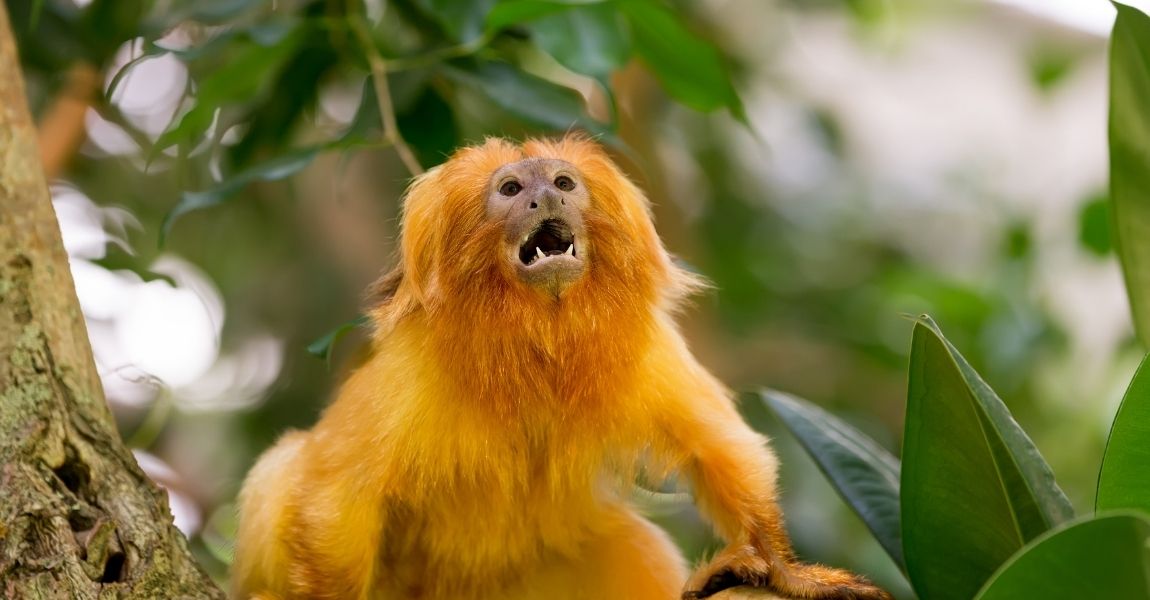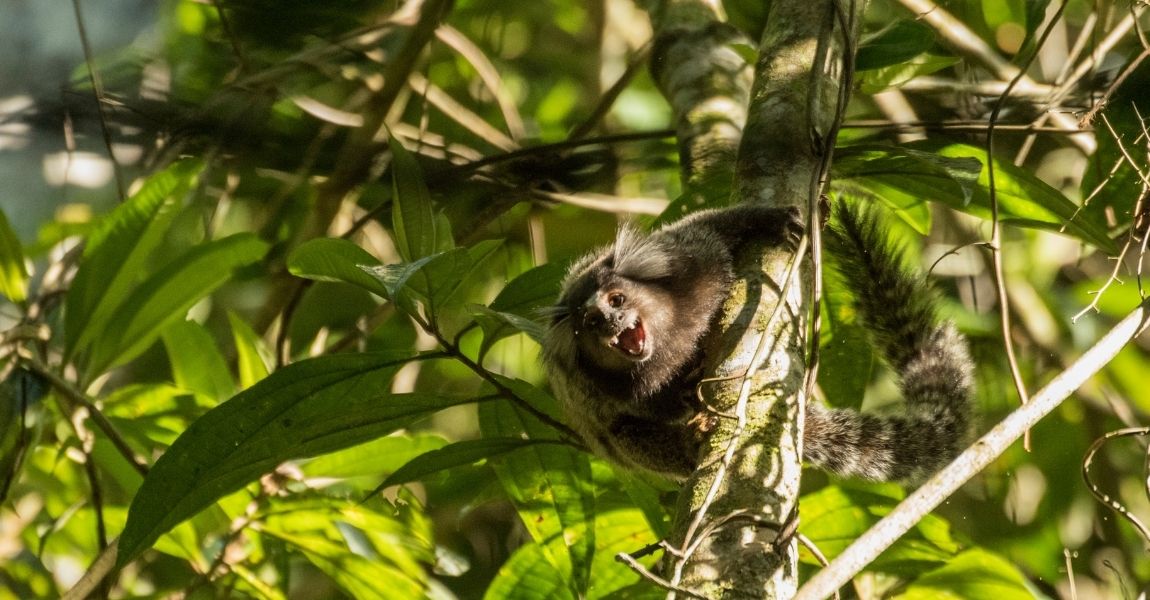Top 5 most popular Exotic Pets in South Africa that are completely legal to own. In this article, we will explore the unique world of exotic pets and give you an inside look at the most sought-after animals in the country.
Chinchillas
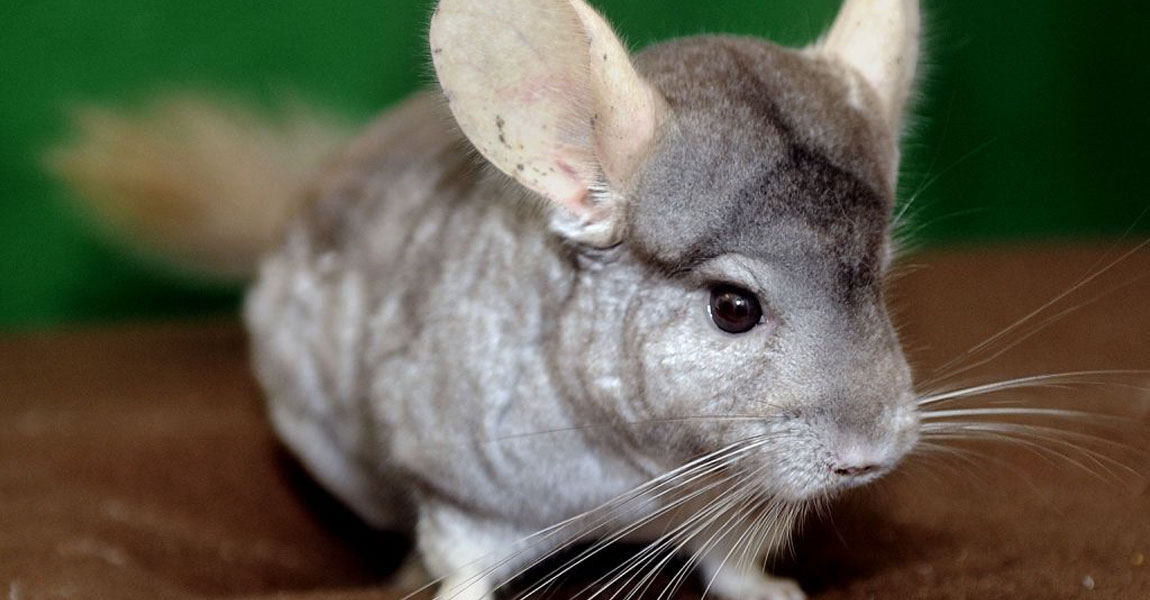
At number 5, we have the charming and soft-furred chinchilla. These small rodents are native to the Andes Mountains of South America and are popular among pet owners for their cute appearance and easy-to-manage care. Chinchillas are active, social animals that require plenty of space and attention, making them an ideal pet for families or individuals who have a lot of time to spare.
Sugar Gliders
Next up on our list, we have the sugar glider. Sugar gliders are small marsupials that are native to western Australia and in the regions of southern Queensland and most of New South Wales east of the Great Dividing Range They are named after their love of sweet foods and their ability to glide through the air. Sugar gliders have become a popular choice for exotic pet lovers in South Africa due to their playful and affectionate personalities. They are social animals and need a lot of attention and interaction from their owners. As pets, they require a spacious cage, a balanced diet of insects, fruits, and veggies, and plenty of toys and enrichment activities.
Fennec Foxes
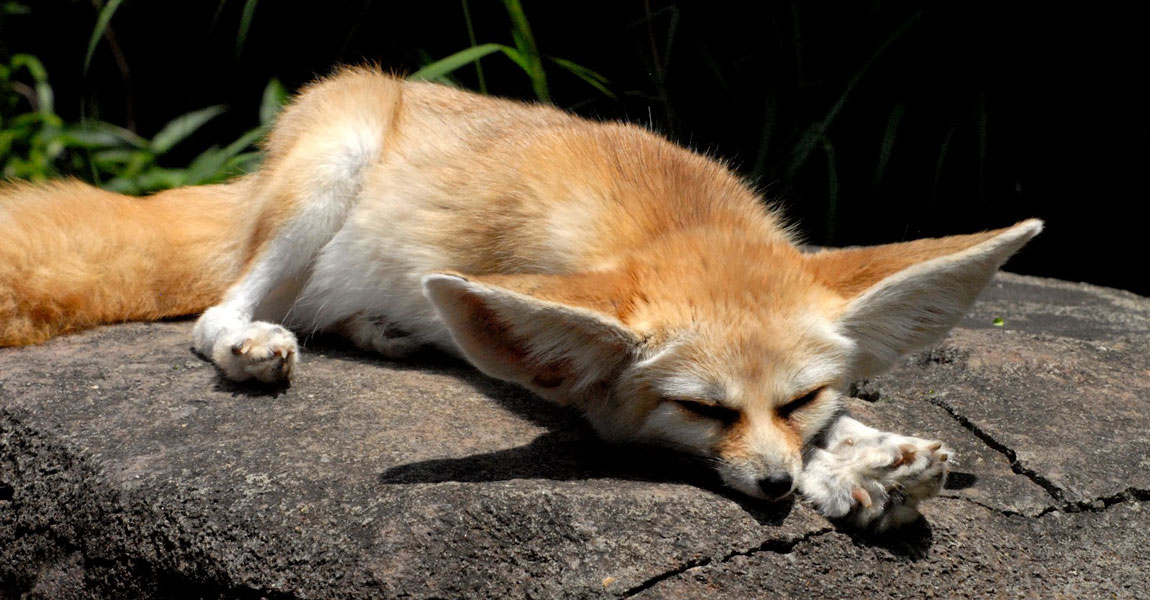
At number 3, we have the fennec fox. These small, desert-dwelling foxes are native to North Africa and are prized for their unique appearance and charming personalities. Fennec foxes require a lot of attention and specialized care to keep them happy and healthy. They need a diet high in protein and live insects, and require plenty of space to run and play.
Marmosets
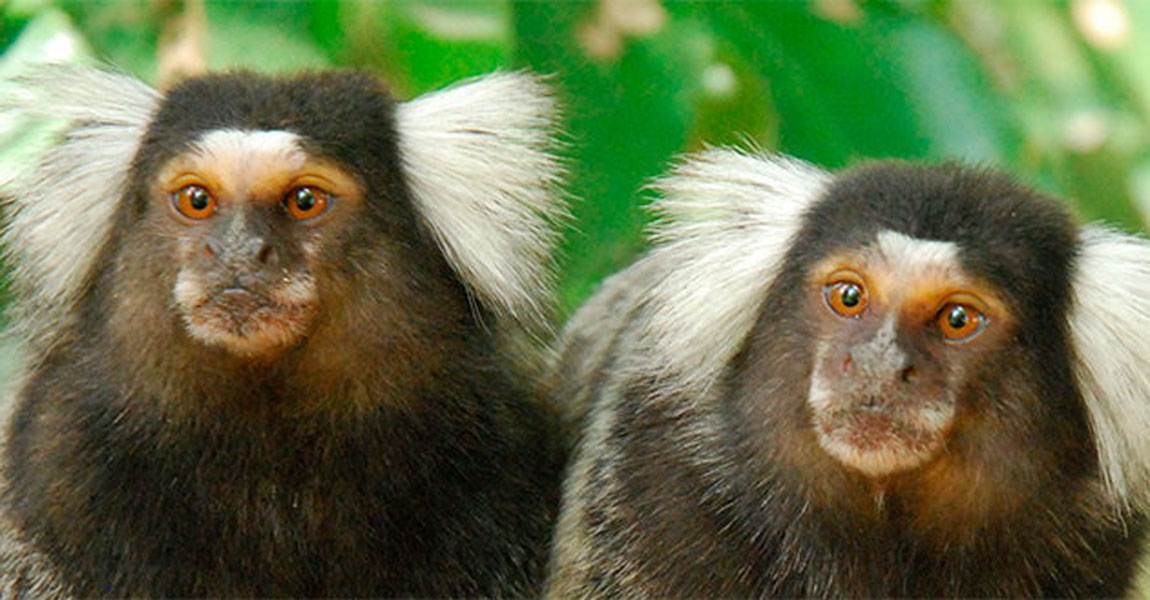
Coming in at number 2 on our list, we have the marmoset. These small primates are native to South America and are known for their playful nature and intelligence. Marmosets are highly social animals and require plenty of attention and care to keep them happy and healthy. They need a specialized diet and plenty of space to play and explore.
Brown Tufted Capuchin Monkey
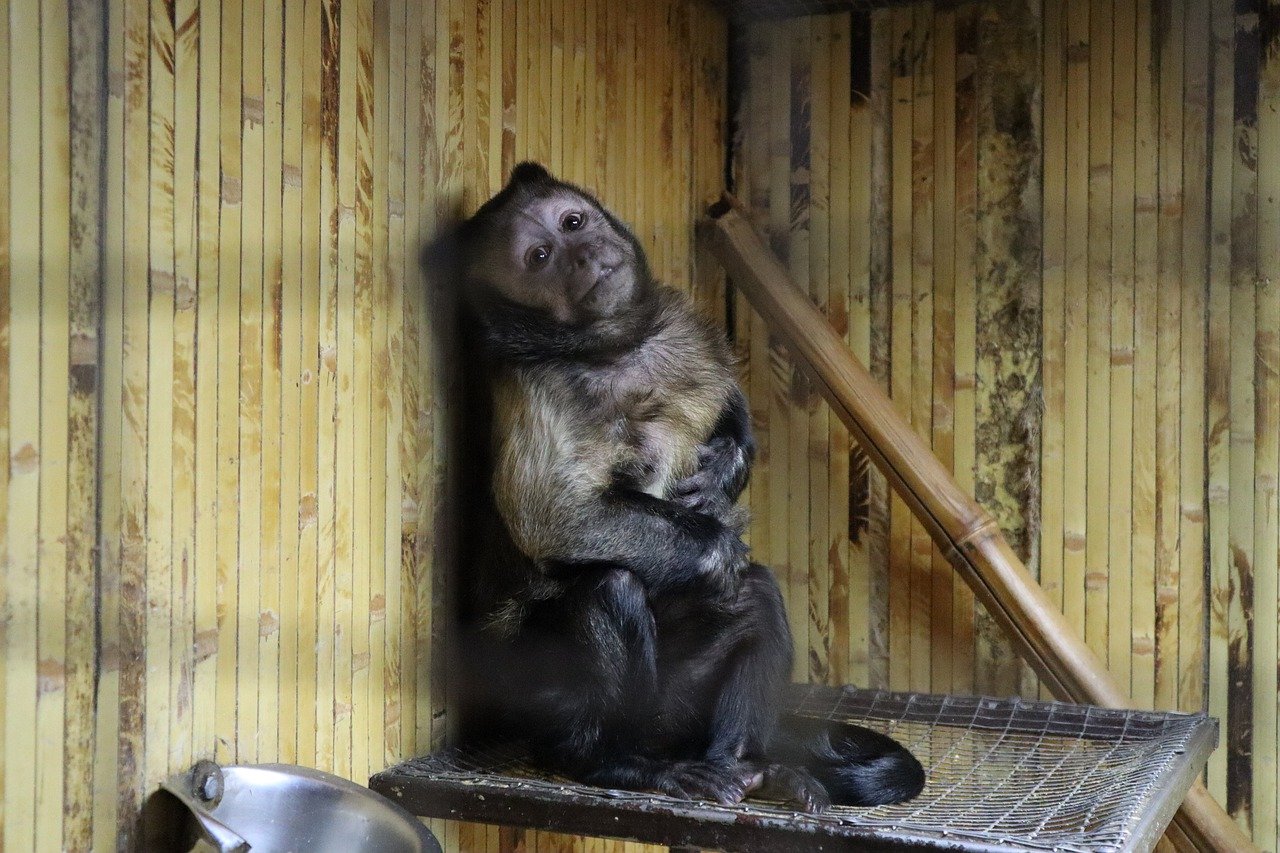 The most popular exotic pet in South Africa is the Brown Tufted Capuchin Monkey.. Capuchin monkeys are intelligent and social animals that are native to Central and South America. They have become popular as pets due to their playful and curious nature. Capuchin monkeys are also known for their ability to learn and perform tricks. They are omnivores and require a diet that consists of fruits, vegetables, and protein.
The most popular exotic pet in South Africa is the Brown Tufted Capuchin Monkey.. Capuchin monkeys are intelligent and social animals that are native to Central and South America. They have become popular as pets due to their playful and curious nature. Capuchin monkeys are also known for their ability to learn and perform tricks. They are omnivores and require a diet that consists of fruits, vegetables, and protein.
In conclusion, owning an exotic pet in South Africa is a big responsibility and requires a lot of specialized care and attention. However, with the right knowledge and resources, owning one of these unique and fascinating animals can be a rewarding and fulfilling experience. Whether you choose a chinchilla, sugar glider, fennec fox, marmoset, or brown tufted capuchin monkey, you will be embarking on a unique journey that will provide you with years of joy and companionship. @ ABSOLUTE EXOTICS SA
This email address is being protected from spambots. You need JavaScript enabled to view it.
067 919 2522

